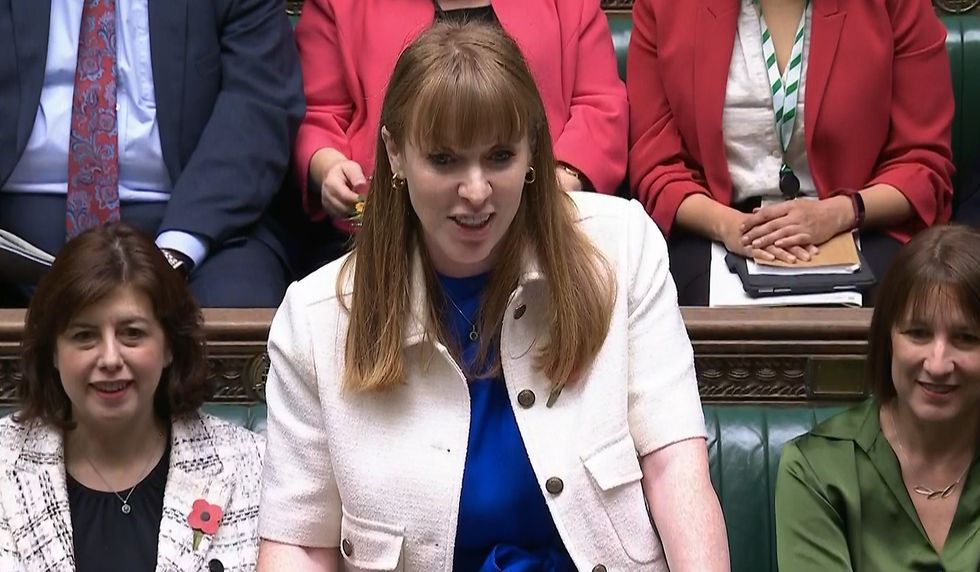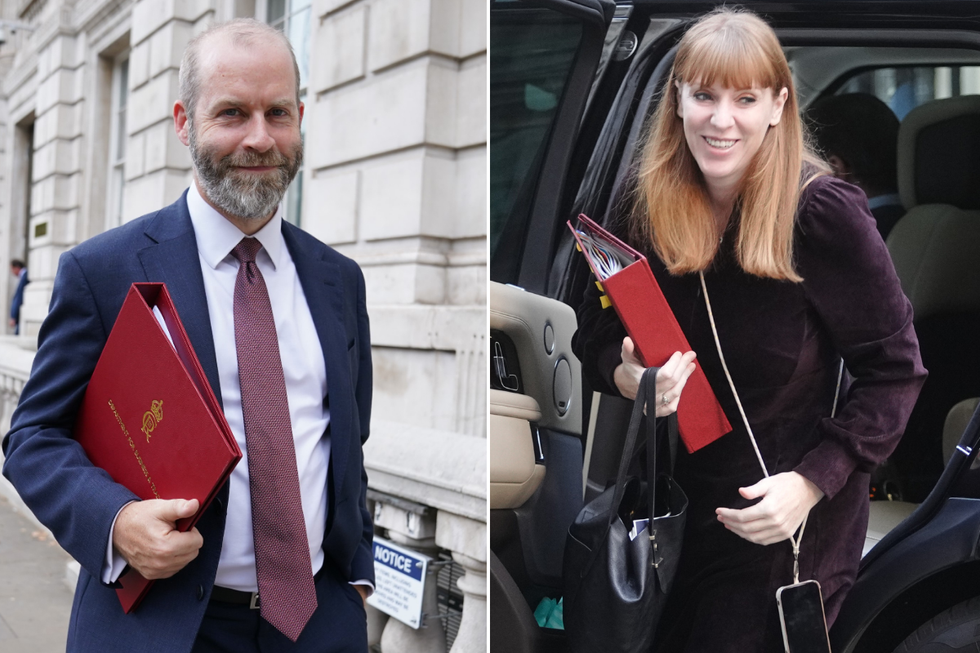Susanna Siddell
Guest Reporter

Labour has been accused of kowtowing to trade unions by offering members the opportunity to strike for twice as long while axing the need for a 50 per cent turnout.
The Employment Rights Bill, which passed its second reading earlier this week, has outlined ways to expand the powers of unions, even extending their ability to strike to 12 months.
Deputy Prime Minister Angela Rayner said that the overhaul is part of the Government's process to undo "ideological, ineffective anti-union legislation".
The legislation, if passed, would facilitate union leaders to organise walkouts with the consent of a simple majority since ministers have chosen to scrap the requirements of unions to reach 50 per cent turnout when voting.

Additionally, it has increased the powers of union bosses to access work spaces, as well as flexibility regarding taking time off of work to organise such strikes.
As it stands, to gain formal recognition, unions must ensure that 10 per cent of the workforce are union members, while industrial action is only legal if approved by a majority in a workplace vote, and turnout is over 50 per cent.
Rayner vowed to "go further by strengthening the voice of working people by making it easier for trade unions to get recognised, giving them the right of access to workplaces and making sure that they have enough time to represent their members".
Speaking in the House of Commons on Monday, Business Secretary Jonathan Reynolds said that "a pro-worker economy is a pro-business economy" and that this legislation would deliver a new deal for working people - which Labour committed to in their 2024 manifesto.
LATEST DEVELOPMENTS:
- 'A matter of time!' Commonwealth leaders defy Starmer over slavery reparations row
- Labour sets free a 'serious gangster' sentenced for KIDNAPPING
- Millions in Winter Fuel Payments could be paid to EU residents despite axe
Rayner added: "We're delivering real change for working people across the country, while driving our mission for growth and making people better off.
"Successful firms already know that strong employee rights mean strong growth opportunities."
She also said the "landmark legislation" sought to extend employment protections for British workers, dubbing the bill "the biggest upgrade to rights at work in a generation".
The Deputy Prime Minister and Business Secretary opened a consultation on Monday, which detailed Labour's plan to "make work pay".
It claimed that Britain lost more days to industrial action taking place between 2022 and 2023 than in any year since 1989.
The consulation also criticised the Tories after accusing the previous Government of lacking "grown up negotiation" and failing to "get around the table and bring people together" to avoid industrial action.

Other proposed changes under the Employment Rights Bill permit workers to strike without a formal vote if they "reasonably fear they are in serious or imminent danger".
Former Tory leader Sir Iain Duncan Smith said: "It’s terrifying. But this should not surprise anyone.
"The unions are Labour’s paymasters and this is just the latest example of ministers caving into them and doing their bidding.
"This is payback for all the donations they’ve given Labour over the years.
"If we’re not careful, we’re heading towards all the lessons learned in the 1970s being reversed and the unions just being able to hold the country to ransom and take a wrecking ball to the economy without any real mandate."
Find Out More...